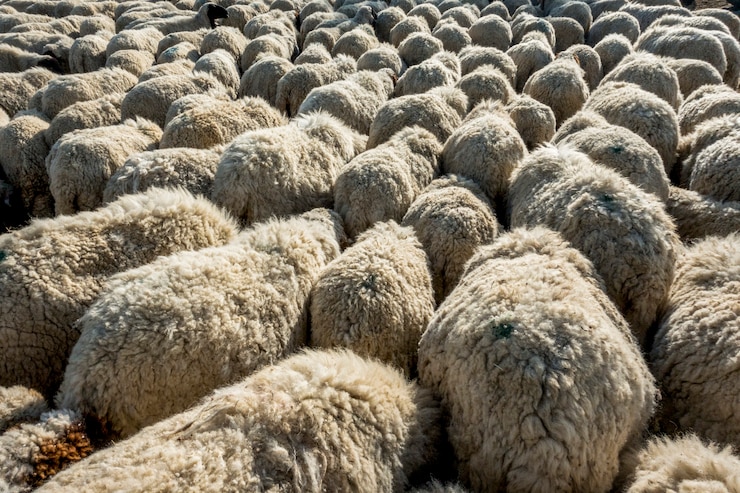Starting a specialty sheep-wool business in South Africa requires careful planning and consideration. Here are 10 important factors to think about before embarking on this venture:
- Market Research: Conduct thorough market research to determine the demand for specialty sheep wool in South Africa. Identify potential customers, competitors, and market trends. Understand the target market’s preferences and requirements.
- Wool Quality and Breed Selection: Select the appropriate sheep breeds that produce high-quality specialty wool. Consider factors such as fiber length, fineness, and color. Research breeds that are well-suited for South Africa’s climate and can thrive in local conditions.
- Farm Location and Infrastructure: Choose a suitable location for your sheep farm. Ensure that the area has sufficient grazing land, access to water, and proper infrastructure for sheep handling, shearing, and wool processing. Adequate fencing and shelter are essential for sheep welfare.
- Expertise and Knowledge: Acquire the necessary knowledge and skills related to sheep farming, wool production, and sheep health management. Consider attending training programs, workshops, or seeking advice from experienced sheep farmers or agricultural extension services.
- Business Plan and Financial Considerations: Develop a comprehensive business plan that outlines your goals, operational strategies, marketing approach, and financial projections. Consider the costs involved in acquiring land, sheep, equipment, shearing services, veterinary care, and wool processing facilities. Determine how you will finance your venture.
- Government Regulations: Familiarize yourself with the legal and regulatory requirements for sheep farming and wool production in South Africa. Ensure compliance with permits, licenses, and animal welfare regulations. Be aware of any import/export restrictions related to wool products.
- Supply Chain and Processing: Establish a reliable supply chain for your wool. Consider partnerships with wool processors, spinners, weavers, or manufacturers. Determine whether you will process the wool yourself or outsource it. Understand the logistics involved in shipping and distribution.
- Marketing and Branding: Develop a strong brand identity and marketing strategy to promote your specialty sheep wool products. Consider participating in trade shows, online platforms, and local markets. Explore collaborations with fashion designers or textile companies to showcase your wool.
- Sustainability and Animal Welfare: Prioritize sustainable and ethical practices in your sheep farming operations. Implement environmentally friendly techniques, such as rotational grazing and water conservation. Ensure proper animal welfare standards, including appropriate nutrition, veterinary care, and humane shearing practices.
- Networking and Collaboration: Build connections within the sheep farming and wool industry in South Africa. Join relevant industry associations, forums, and networking events. Collaborate with other farmers, researchers, or organizations to stay updated on the latest developments and share knowledge.
Remember, starting a specialty sheep-wool business requires dedication, perseverance, and continuous learning. It is important to stay informed about market trends, evolving customer preferences, and advancements in wool production techniques to ensure the success and sustainability of your business.
Join 'Farmers Mag' WhatsApp Channel
Get the latest Farming news and tips delivered straight to your WhatsApp
CLICK HERE TO JOIN






